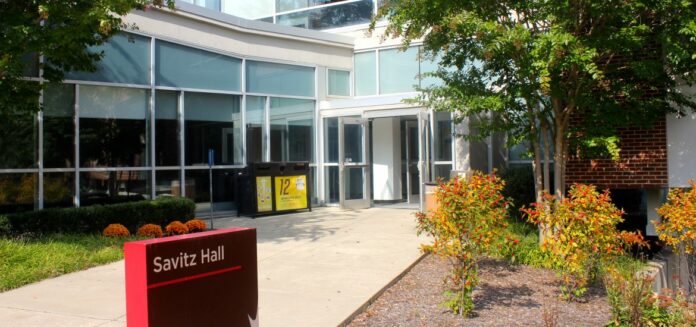In 2022, only two of New Jersey’s 27 four-year colleges did not raise the cost of tuition and fees from last year. Rowan University was not one of those two, so Profs can expect a 4% increase from the previous year.
The Board of Trustees approved the increase at a meeting on June 15, 2022.
According to Joe Scully, the senior vice president for finance and chief financial officer, there are costs that are unavoidable.
“Our biggest expense in the budget is related to salaries and fringe benefits cost. I think the percentage is over 65% of our salary-related costs… a large chunk of our budget goes towards paying our faculty and our staff,” said Scully. “A majority of our employees are union-based employees so they have a negotiated contract at the state level so we are obligated to pay whatever the increase is per the state contract.”
Inflation, which has run rampant in the United States within the last year, also contributed to the price increase.
“Utility for natural gas has increased probably about 500% over about a year and a half ago. Today we locked in a contract for $9.3, I believe it was. This time a year and a half ago, we were probably paying $2 or so. Those types of costs that are beyond our control as far as increases go and then just general inflation,” Scully said.
In-state tuition rose from $5,151.25 to $5,357.25 with an increase of $206.
“I don’t want to make light [of the fact] that it’s only $206 dollars because to some families, that’s a big burden. We don’t lose sight of that fact. We instituted some programs this year to help families that are struggling,” said Scully.
The general service fee is now $1,627.35 from the former $1,561.25 for a difference of $66. Similarly, the student life fee increased to $369 which is $15 more than the last academic year. In total, full-time in-state students are paying $287 more this year.
Out-of-state students at Rowan University are paying $468.25 more.
Although tuition is more expensive, there are new programs that can offset the difference.
“The Garden State Guarantee is $65 to 80 [thousand] for the third and fourth-year students. And then there’s a phase-out for $65 to 80 thousand. The university also has what’s called opportunity grants which are covering the first two years for those who make under $65,000,” said the Assistant Vice President for Budget and Financial Planning, Michael Blake.
Even with a tuition hike, Rowan is still in the red.
“We are actually running a deficit for fiscal 23– a little bit over $4 million. We’re going to use our reserves to offset that. We didn’t want to pass it directly on the students, which would have added probably another 2%, if not more,” Scully said.
Some speculated that the tuition hike was related to the construction of the student expansion center, but it is not directly related.
“We won’t be paying for that building until it’s almost completed,” said Scully.
Because of the pandemic, the university experienced a drop in the number of enrolled students, which negatively affected the college’s revenue.
“We’re projecting upwards now. We have a very big incoming class and if we keep on that trajectory that will help bring in additional revenue that may keep the cost of tuition down [for next year],” Scully said.
The tuition hike may contribute to increased operating costs, but some students worry it may be a deterrent for incoming Profs.
“I think it definitely makes it hard for students to make decisions to go here or not. I know money has been very tight for a lot of people recently, especially after Covid,” said Avery Westhoven, a freshman nutrition major. “But I feel like it was a good opportunity for me to come here and even though there was the tuition raise, it’s worth it in the end.”
For comments/questions about this story tweet @TheWhitOnline or email thewhit.neweditor@gmail.com.






